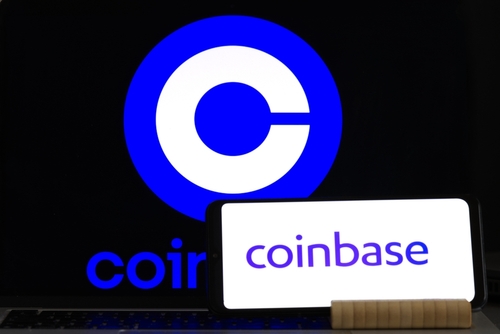- Coinbase intensifies legal push for SEC documentation on crypto regulations.
- The focus centers on Ether’s classification as a security amidst historical investigations.
- SEC delays the provision of documents, citing a lengthy review process of three years.
Coinbase, a prominent player in the U.S. cryptocurrency exchange market, is ramping up its legal efforts to secure essential documents from the U.S. Securities and Exchange Commission (SEC).
In this pursuit, Coinbase has petitioned the U.S. District Court for the District of Columbia, seeking authorization to file a motion for partial summary judgment to clarify the application of securities laws to digital currencies.
This legal action follows a Freedom of Information Act (FOIA) lawsuit that was initiated in June against the SEC and the Federal Deposit Insurance Corporation (FDIC).
Examining SEC’s Crypto Documentation
The documents requested by Coinbase encompass internal and external communications pertaining to SEC inquiries regarding the classification of specific digital assets, especially Ether.
Determining Ether’s status as a security has become a hot-button issue within the cryptocurrency arena, carrying significant regulatory implications.
This issue came to light recently when Consensys, a blockchain software company, filed a lawsuit against the SEC, contesting an inquiry into “Ethereum 2.0” that was ultimately closed.
Additionally, Coinbase’s FOIA request aims to uncover records related to two previously completed SEC investigations. One investigation revolved around a 2020 settlement with Enigma MPC, linked to allegations of unregistered security issuance.
The other pertains to EtherDelta, a trading platform founded by Zachary Coburn, which settled with the SEC in 2018 for operating without registration as an exchange.
Concerns Over Potential SEC Bias
Coinbase asserts that the SEC has been less than forthcoming, initially citing FOIA exemptions and more recently indicating that a review of the requested documents could take up to three years. This prolonged timeline has drawn criticism from Coinbase and its consultant, History Associates Inc., who argue that it is causing unnecessary delays.
The SEC’s reluctance to share documents has sparked speculation about inconsistencies in its regulatory approach toward various projects and entities.
Moreover, Coinbase’s FOIA inquiries also seek information regarding the FDIC’s “pause letters,” sent to financial institutions between March 2022 and May 2023, instructing them to pause the expansion of crypto-related activities. A report by the FDIC’s Office of Inspector General highlighted these letters, prompting discussions on potential regulatory pressure on the crypto sector, informally referred to as “Operation Choke Point 2.0.”
A ruling on Coinbase’s motion is anticipated soon, with a decision expected by the end of the year.







